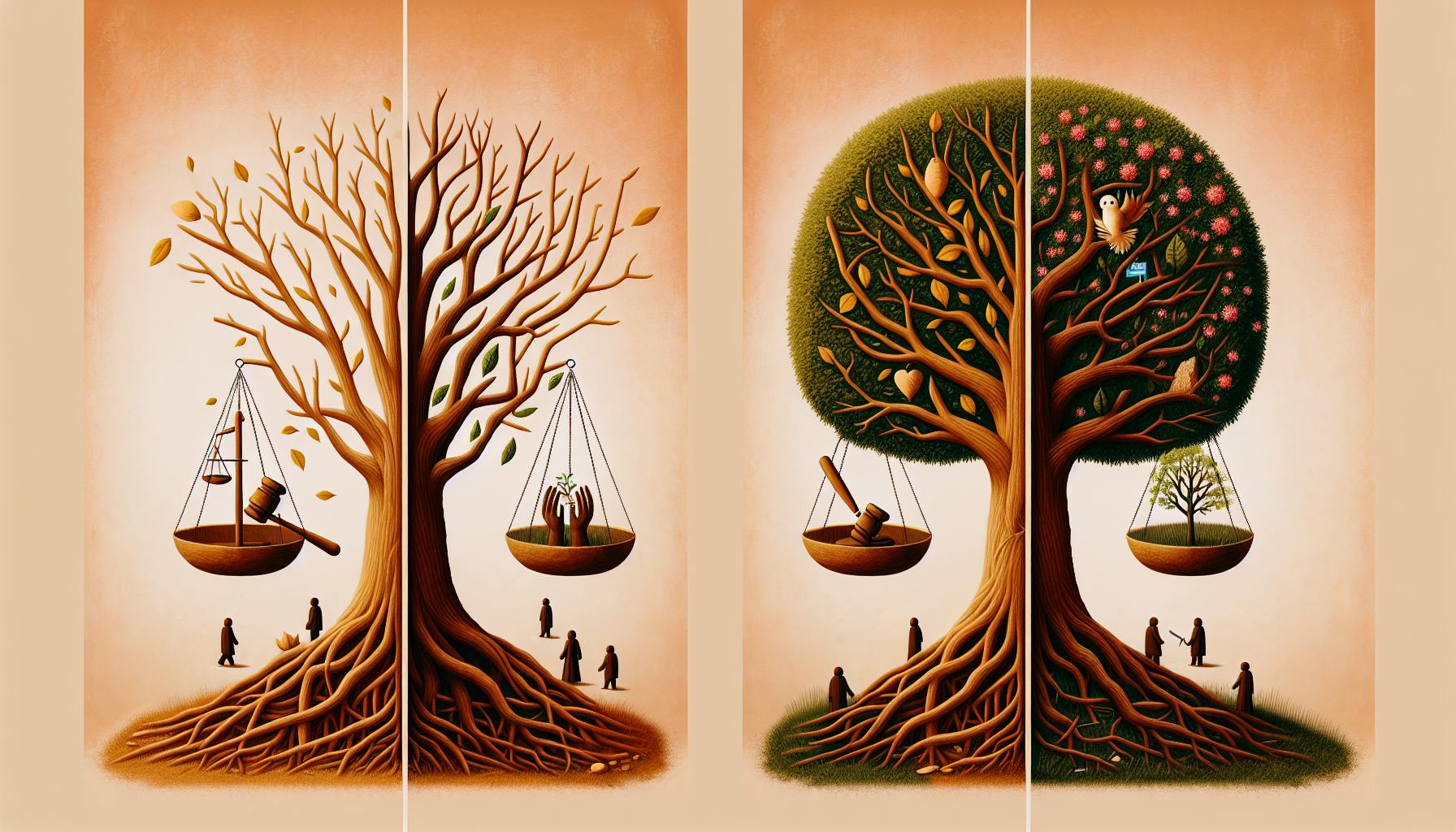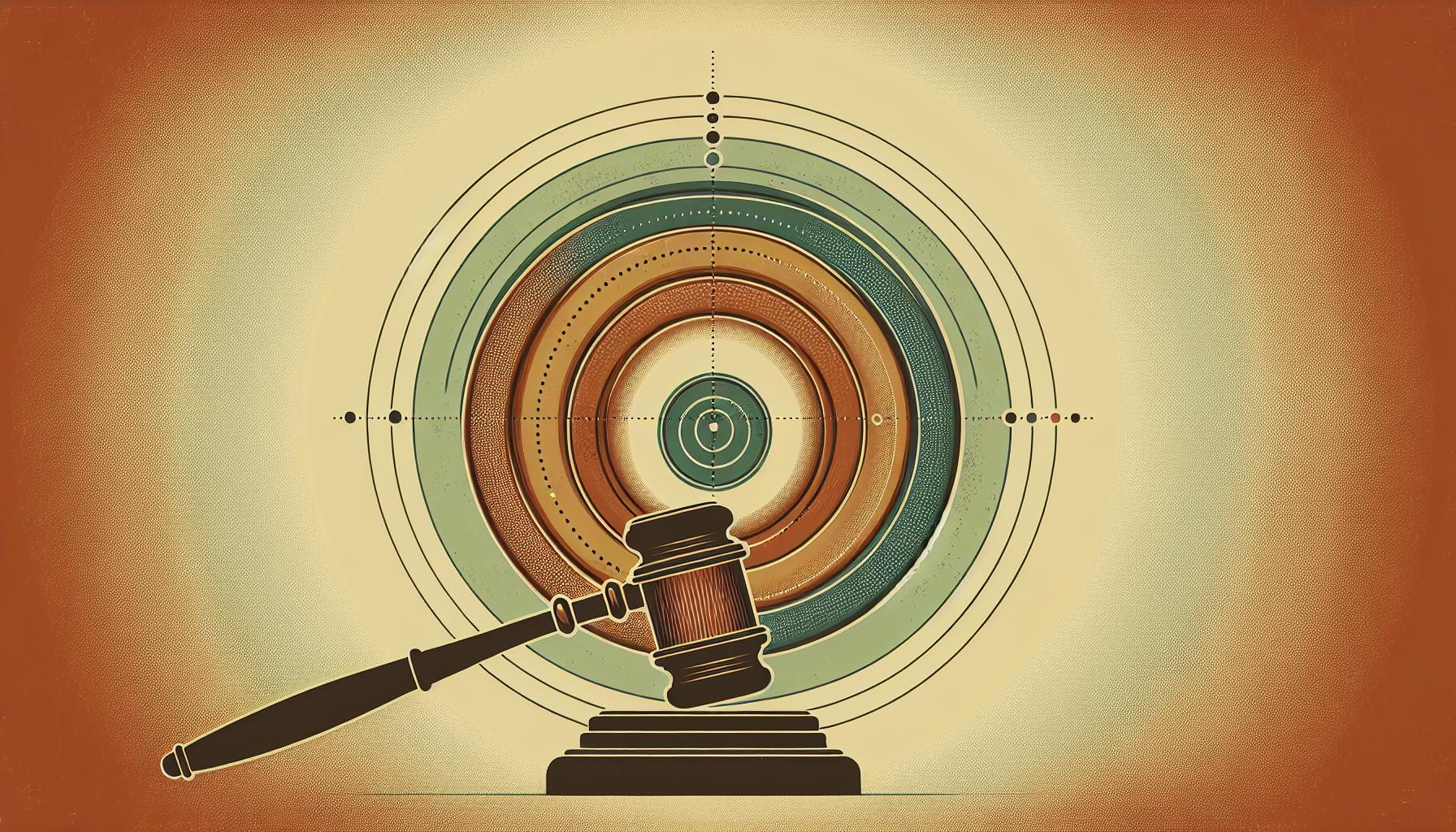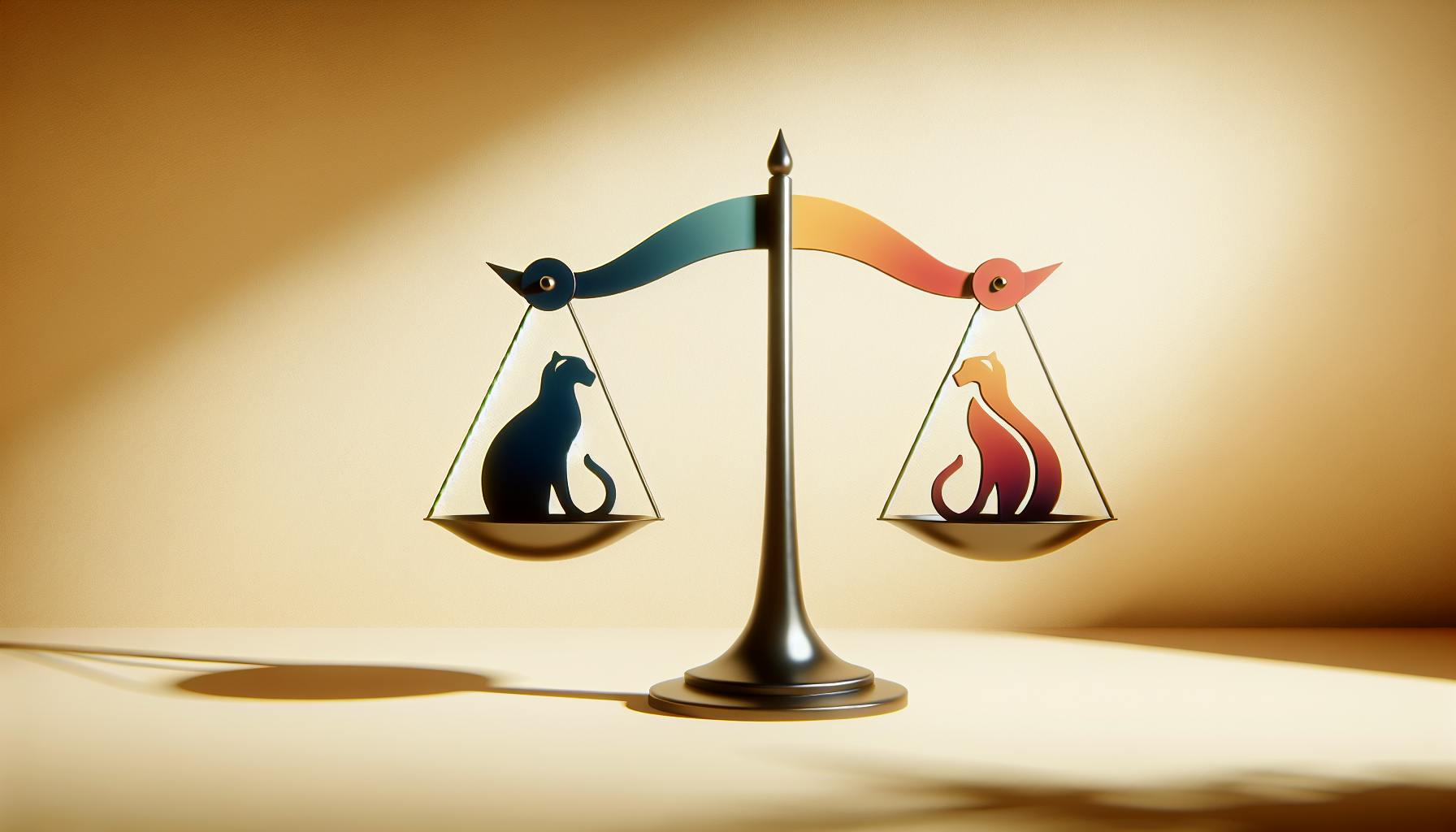When scandal rocks elite society, the public is often quick to make judgments before all facts come to light.
Yet the full truth in complex legal cases can be elusive, and we may never know for certain what transpired between Claus von Bülow and his wife Sunny.
This article will examine the mysterious coma that befell a socialite, the sensational attempted murder trial of her high-society husband, and the remarkable reversal of fortune that saw him ultimately acquitted.
Introduction to the High Society Scandal Involving Claus von Bülow
The case of Claus von Bülow captivated the public with its mix of wealth, privilege, and an alleged murder attempt. Claus was a Danish-British socialite who married Martha "Sunny" Crawford, an American heiress to a large fortune. They lived in lavish estates in Newport, Rhode Island among other elite high society figures. However, in December 1980, Sunny was found unconscious in her mansion and later diagnosed as being in a persistent vegetative state. Claus was accused and convicted in 1982 of attempting to murder his wife by injecting her with insulin.
The case highlighted the extravagant lifestyles of the rich as well as raising complex legal questions. Claus was able to successfully appeal the verdict in 1985 with the help of defense attorney Alan Dershowitz. The story brought public intrigue for delving into the secrets of high society and a suspected crime among the wealthy. Its twists and turns became the subject of books, movies and TV shows over the decades.
The Marriage of Claus von Bülow and Socialite Sunny von Bülow
Claus von Bülow met Martha "Sunny" Crawford in 1957 at a party in New York. Sunny came from a wealthy family, as her father was utilities magnate George Crawford. In 1966, Claus and Sunny married in London and settled into a lavish lifestyle together. They divided their time between an estate in Newport, Rhode Island and a Fifth Avenue apartment in Manhattan.
The couple hobnobbed among high society figures and threw extravagant parties. However, their union reportedly became strained over time. Claus felt that Sunny did not show him affection while Sunny struggled with alcoholism. They had a daughter named Cosima in 1967.
The Mysterious Coma of Sunny von Bülow: An Alleged Murder Attempt
In December 1980, Sunny von Bülow was found unconscious on the floor of her bathroom in the couple's Newport mansion. She was rushed to the hospital in a coma soon diagnosed as a persistent vegetative state. Doctors discovered critically low blood sugar as well as traces of insulin, which Sunny did not take as medication.
Claus became the prime suspect of attempting to kill his wife by injecting her with insulin to trigger hypoglycemic shock. In 1982, he was convicted of attempted murder and sentenced to 30 years in prison. However, defense lawyer Alan Dershowitz successfully appealed the conviction in 1985, arguing that the coma could have been caused by other factors.
The high profile case brought intense public attention, laying bare the secrets of a wealthy family and raising complex legal questions. It inspired the book and film Reversal of Fortune, adding to the ongoing intrigue. The mystery around Sunny von Bülow’s coma and whether Claus plotted to kill her has continued to capture public imagination decades later.
What caused Sunny von Bulow coma?
Sunny von Bülow's coma was initially believed to be caused by reactive hypoglycemia. However, Claus von Bülow was later accused of intentionally inducing her comas by secretly injecting her with insulin.
Prosecutors alleged that Claus injected Sunny with insulin on two occasions - in December 1979 and again in April 1980, sending her into irreversible comas. Her blood sugar levels were dangerously low when she was hospitalized both times.
While Claus admitted to giving Sunny injections, he claimed they were for vitamins and minerals. Prosecutors argued he administered insulin to trigger hypoglycemic reactions and induce the comas in an attempt to kill his wife for her fortune.
The exact cause of Sunny's coma was a key point of contention in Claus' high-profile trials. Medical experts provided conflicting testimony, with some stating her coma was caused by insulin injections while others argued it was brought on by natural causes. Ultimately Claus was acquitted, leaving the true cause disputed.
Did Claus von Bülow inherit his wife's money?
The trial brought up questions around Mr. von Bülow's financial motives in his wife Sunny's ill health and persistent vegetative state. Testimony revealed that a divorce would have voided the $14 million inheritance that Mr. von Bülow stood to gain under Sunny's will. Instead, he would have been left with an annual income of $120,000 from a trust Sunny had set up before their marriage.
This raised suspicions that Mr. von Bülow may have had financial incentives to keep his wife alive but incapacitated, rather than improving her health or allowing her to pass away naturally. However, the prosecution was not able to conclusively prove that greed was the primary motivation behind the alleged attempted murders.
Ultimately, Mr. von Bülow was acquitted of the charges against him. The trial spotlighted the privileges and intrigues of high society, while also raising difficult questions about complex legal and ethical issues like motive, reasonable doubt and the right to die with dignity.
How much is Sunny von Bulow worth?
At the time of her coma in the early 1980s, Sunny von Bülow had a net worth estimated to be over $75 million. This vast fortune was inherited from her first husband, Austrian Prince Alfred von Auersperg, who died in 1992 after lingering in an irreversible coma for nine years following a 1983 car accident.
On June 6, 1966, Sunny married Claus von Bülow, a former aide to oil tycoon J. Paul Getty, in a lavish society wedding at the Brick Presbyterian Church in New York City. As one of the wealthiest heiresses in America, Sunny enjoyed an extravagant lifestyle split between a grand Fifth Avenue penthouse in Manhattan and an opulent seaside mansion in Newport, Rhode Island.
Her vast wealth became a point of legal contention during the trials of Claus von Bülow, who stood accused of attempting to murder his wife in order to inherit her fortune. The prosecution argued that von Bülow had deliberately injected Sunny with insulin to induce the comas that left her in a persistent vegetative state. With Sunny unable to manage her estate, von Bülow potentially stood to gain control of her $75 million assets.
sbb-itb-585a0bc
sbb-itb-585a0bc
What is the book about Claus von Bülow?
The book "Reversal of Fortune: Inside the Von Bulow Case" details the high-profile attempted murder trial of Claus von Bülow, a Danish-British socialite accused of trying to kill his wife, American heiress Martha "Sunny" Crawford von Bülow, by injecting her with insulin to induce a coma.
Claus von Bülow was charged with attempted murder after Sunny von Bülow slipped into a coma in 1980 at the couple's mansion in Newport, Rhode Island. Prosecutors alleged Claus injected Sunny with insulin to kill her and inherit her fortune. Claus maintained his innocence, claiming Sunny overdosed herself.
The book covers the controversial 1982 trial, where Claus was defended by attorney Alan Dershowitz. Despite compelling medical evidence, Claus was acquitted due to the lack of eyewitnesses and substantial proof he committed the crime.
The book also depicts the cultural clash between old money elites of American high society and the brash legal tactics of Claus's defense team. It provides extensive background on Claus and Sunny's troubled marriage, possible motives, medical forensics, and insights into America's criminal justice system.
Overall, the book examines the sensational attempted murder trial involving one of America’s wealthiest heiresses that gripped public imagination in the early 1980s.
The Initial Trial: Claus von Bülow Accused of Attempted Murder
The Prosecution's Argument: Insulin as a Murder Weapon
The prosecution argued that Claus von Bülow had injected his wife Sunny with insulin in an attempt to kill her. They presented forensic pathology evidence showing dangerously low blood sugar levels and high insulin concentrations in her blood after she fell into a coma in December 1980. This suggested she had received insulin injections which threw her body into shock.
The prosecutors claimed Claus wanted control of Sunny's fortune, estimated at over $75 million, and with her dead he would inherit a large sum. They portrayed him as cold and calculating, willing to kill his wife for money. The prosecution built a compelling case of motive and opportunity.
Cosima von Bülow Pavoncelli's Damning Testimony
A key witness for the prosecution was Cosima von Bülow Pavoncelli, Sunny and Claus' daughter. She testified that she had found insulin and syringes in her father's bag after her mother's first coma in 1979. This contradicted Claus' claim that he knew nothing of insulin or injections prior to Sunny falling ill.
Cosima's testimony was damning for Claus' defense. It established he had access to insulin before the incidents and knew how to administer injections. Coming from his own daughter, it carried substantial weight with the jury.
Conviction and the Path to Appeal
In 1982 Claus von Bülow was convicted of attempted murder and sentenced to 30 years in prison. He resigned himself to years behind bars. However, his conviction was successfully appealed in 1984 on grounds that procedural errors had violated his right to a fair trial. This paved the way for a second trial, where he was ultimately acquitted.
Claus von Bülow's Legal Reversal of Fortune
Claus von Bülow was accused and convicted of attempting to murder his wife, Sunny von Bülow. However, thanks to the efforts of his defense attorney Alan Dershowitz, he was eventually acquitted after a successful appeal and second trial.
Alan Dershowitz's Defense Strategy from Harvard Law School
Alan Dershowitz, a renowned defense attorney and Harvard Law professor, constructed an innovative legal strategy for appealing Claus von Bülow's conviction.
Dershowitz focused on critiquing the forensic evidence that was fundamental to the prosecution's case. He assembled a team of medical experts to carefully reexamine the evidence and cast doubt on its reliability. This included evidence related to the insulin injections allegedly used to induce Sunny von Bülow's comatose state.
By undermining the scientific basis for Claus's conviction, Dershowitz laid the groundwork for a successful appeal and acquittal in a second trial. His novel legal tactics demonstrated the formidable skills in courtroom strategy he had honed as a Harvard Law professor.
Forensic Evidence Reexamined: A Turn in Claus's Favor
On appeal, Dershowitz successfully argued that the forensic evidence presented during the first trial was fundamentally flawed.
His team of medical experts testified that the initial tests finding a high insulin level in Sunny von Bülow's blood may have been inaccurate due to mishandling of the blood samples. They also provided alternate medical explanations for Sunny's comatose state besides insulin injection.
This new forensic testimony was instrumental in reversing Claus von Bülow's conviction during the appeal, critically undermining the prosecution's original case against him. It set the stage for his full acquittal in the second trial.
The Jury's Acquittal: Claus von Bülow Cleared of Alleged Murder
In the second trial, the new forensic evidence presented by Alan Dershowitz proved decisive in shaping the ultimate jury verdict of not guilty.
The prosecution failed to convince the jury that Claus von Bülow had injected his wife with insulin to induce the coma, thanks to the compelling testimony disputing those forensic results.
As the verdict was read absolving Claus of all charges against him, it marked the dramatic conclusion of a lengthy legal battle. Claus von Bülow became one of the most famous examples of a defendant achieving acquittal and exoneration for serious criminal accusations through a successful appeal.
Cultural and Legal Impact of the von Bülow Trials
The Persistent Debate Over Claus von Bülow's Innocence
The trials of Claus von Bülow sparked ongoing debates regarding his guilt or innocence in the alleged attempted murder of his wife Sunny. Despite his acquittal in the criminal trials, many still question whether justice was truly served.
Some argue that von Bülow was rightfully acquitted due to lack of solid evidence proving his guilt beyond reasonable doubt. His defense team highlighted issues with the reliability of the medical testimony. However, others maintain that von Bülow was in fact guilty but got away with attempted murder due to his wealth, status and aggressive legal defense tactics.
The case raised difficult questions about the role money plays in the legal system and whether the truth is always discovered. It also fueled debates around spousal rights and privileges when one spouse falls gravely ill. Ultimately, there may never be consensus on von Bülow's actual innocence or guilt. The debates highlight the complexity surrounding crimes that occur in private without solid evidence.
Reversal of Fortune: The von Bülow Story on the Silver Screen
The notorious von Bülow case directly inspired the 1990 film Reversal of Fortune, providing a dramatized take on the attempted murder trials. Jeremy Irons delivered an Oscar-winning performance as Claus von Bülow, bringing the high society scandal onto the silver screen.
The film brought renewed attention to the case by offering the public a fly-on-the-wall view of the controversial trials. It highlighted the role reversal between the accused von Bülow and his accuser Sunny, depicting her fall into a coma while von Bülow is legally exonerated. This reversal of fortune for the couple was a central theme.
While not a factual documentary, the film brought colorful dramatized versions of real-life figures like Alan Dershowitz to life for mainstream audiences. It forever immortalized the infamous case and Jeremy Irons' chilling yet complex portrayal of von Bülow entered pop culture history.
Legal Precedents and the Role of Scientific Evidence
The intense legal sparring in the von Bülow trials also set new precedents regarding scientific evidence admissibility and standards for forensic pathology testimony.
The defense challenged the medical evidence that Sunny's coma was insulin-induced. This raised the bar for scientific testimony, requiring a higher burden of proof for expert witnesses on complex medical evidence. It also led to stricter standards around corroborating scientific testimony with other facts of the case.
Additionally, the case was a landmark in forensic pathology evidence, by establishing a legal precedent for requiring a second autopsy when the first is inconclusive. This affected protocols around handling corpses in suspicious death cases. It also reinforced the importance of checking the work of medical examiners.
Ultimately, the trials brought increased legal scrutiny and skepticism regarding medical evidence. They demonstrated that justice relies equally on interpretation of subjective scientific data as on objective facts. The precedent influenced how scientific testimony is evaluated in courtrooms to this day.
Conclusion: The Enduring Enigma of the von Bülow Case
The trials of Claus von Bülow captivated the public with their mix of high society, alleged attempted murder, complex medical and legal arguments, and unanswered questions. Though von Bülow was acquitted at his second trial, doubts linger about what truly caused his wife Sunny's tragic descent into a persistent vegetative state.
Reflections on Justice and High Society
The intersection of wealth, the legal system, and public perception played a complex role in this case. Von Bülow's access to high-priced legal talent like Alan Dershowitz likely impacted the trial's outcome. However, the case also showed that justice can prevail regardless of social status, with the court basing its decision on forensic evidence. Still, without a definitive answer on what caused Sunny's condition, a sense of unease remains on whether true justice was served.
The Legacy of Claus von Bülow and Sunny's Tragic Fate
This case left indelible scars on the von Bülow family. While Cosima stood by her father, Alexander condemned him. The children lost their mother, if not to murder then to a strange illness that cut her life tragically short. As for Claus von Bülow, many saw him as an enigma - was he a cold-blooded killer who got away with attempted murder, or an innocent man wrongly accused? Without a clear resolution, this case endures as a stark reminder of the intersection between privilege and justice in society. Above all, it represents the tragic and unexplained fate of Sunny von Bülow herself.


